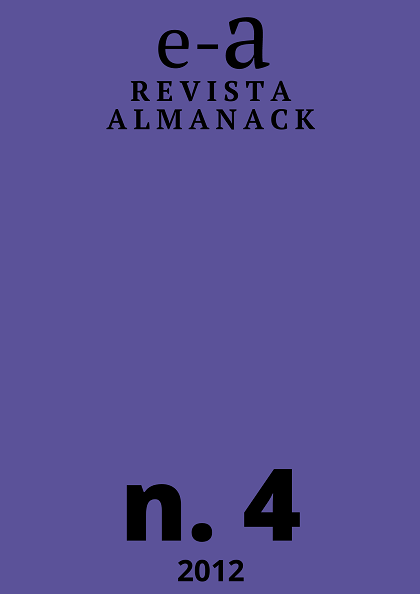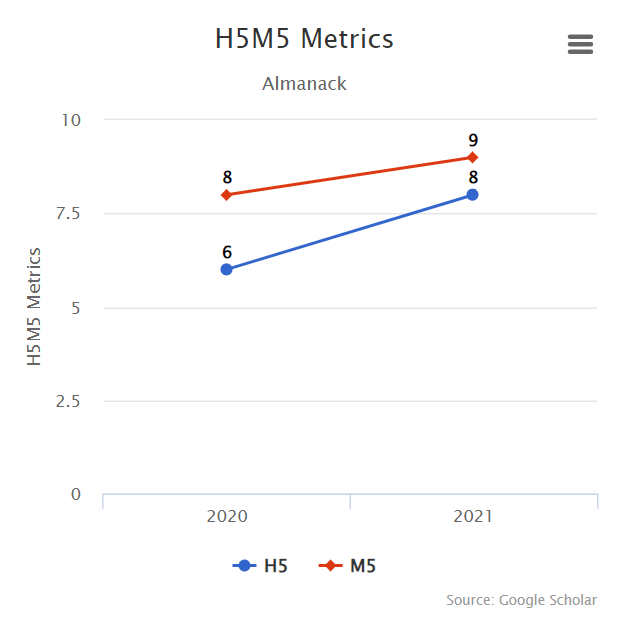Politics, Parliament, and the Penalty of the Lash
The Significance of the End of Flogging in 1886
DOI:
https://doi.org/10.1590/2236-463320120406Keywords:
Abolitionism, slavery, pena de açoitesAbstract
The Brazilian penalty of the lash was reformed (1886) by a cabinet and
parliament opposed to abolition. While the penalty’s abuse had been
exploited by Abolitionists attempting the cabinet’s fall, the cabinet
unexpectedly supported its reform. This apparent contradiction has
not been satisfactorily addressed; this article attempts to do so. It will
demonstrate that the cabinet’s support was a cabinet tactic designed to
vindicate the cabinet’s policies and strength. Nonetheless, the revocation
of the state’s role in flogging delegitimizing flogging on plantations,
too, despite the cabinet’s expectations. Indeed, the reform impacted
plantation destabilization, which helped lead to the cabinet’s fall and the
1888 law abolishing slavery. This complex series of events illustrates the
Abolitionist struggle’s interweave between parliament, the movement,
and slave agency.
Metrics
Downloads
Published
How to Cite
Issue
Section
License
Copyright (c) 2022 Jeffrey D. Needell

This work is licensed under a Creative Commons Attribution 4.0 International License.


 Português
Português
 English
English
 Español
Español











 This journal is licensed under a
This journal is licensed under a